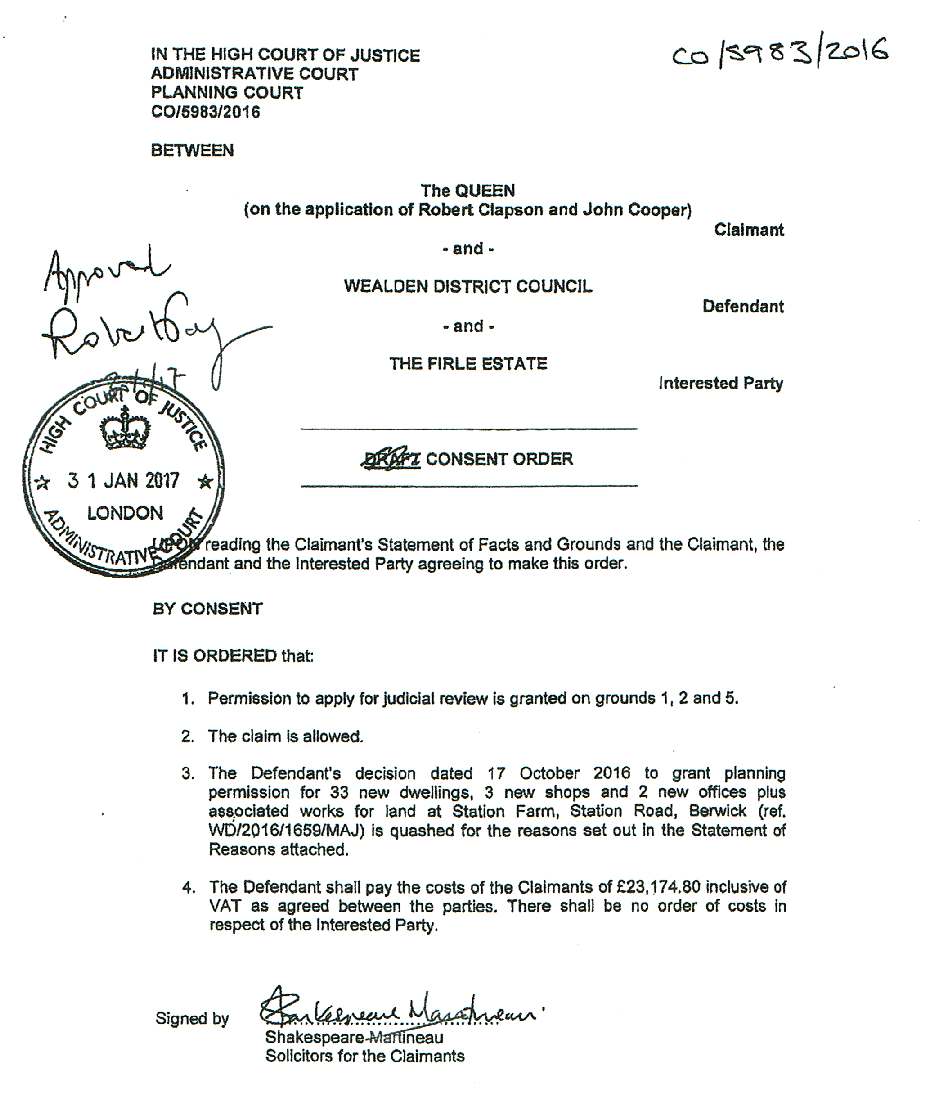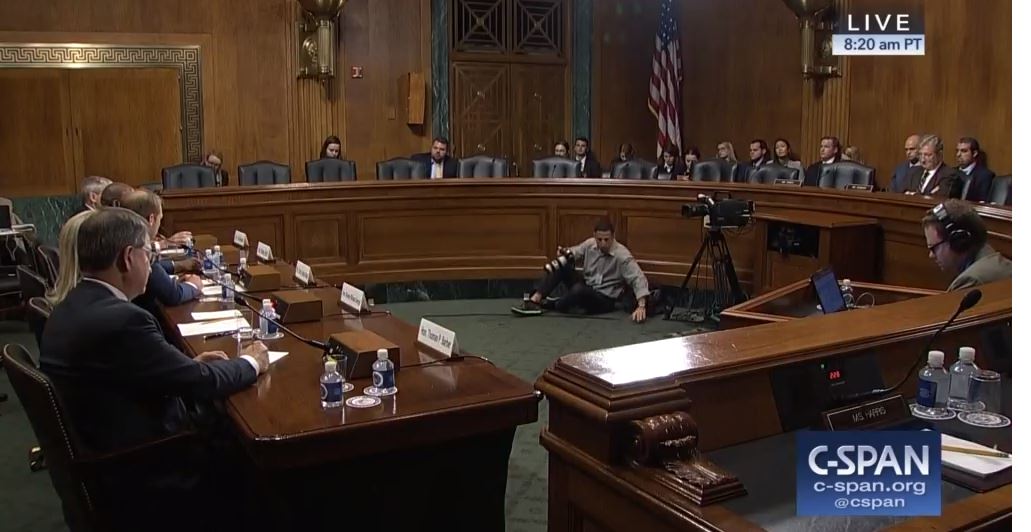


aggravated damagesĭamages which are awarded beyond normal damages to compensate the plaintiff for a greater injury to honour or dignity.Ĭircumstances that make an offence much more serious. The age at which a young person can legally enter into a sexual relationship. It can be used where a person is giving evidence in a court or where a declaration or affidavit is being made. Generally, affidavits are required in court proceedings in place of statutory declarations.Ī pledge that statements made are true which may be made in place of an oath if an oath is contrary to a person's religious belief or if the person has no religious belief. Affidavits must contain only facts which the deponent can prove. The person who swears or affirms the affidavit is called the deponent. affidavitĪ written statement sworn on oath or affirmed before a person with authority to administer it, such as a justice of the Peace. A person appointed to manage an organisation or business in circumstances such as insolvency or maladministration. A person appointed to manage the estate of a person who has died without leaving a will, or the financial affairs of a person who lacks legal capacity. To suspend a court hearing, usually to a future specified day, but sometimes without setting a future date ( sine die). Information that a person is shown to have personally known prior to a specified event. long delay in bringing an action may disadvantage a defendant. Misuse or unjust use of court procedure, e.g. Unlawful removal of a person (often a child) from their home environment.


 0 kommentar(er)
0 kommentar(er)
